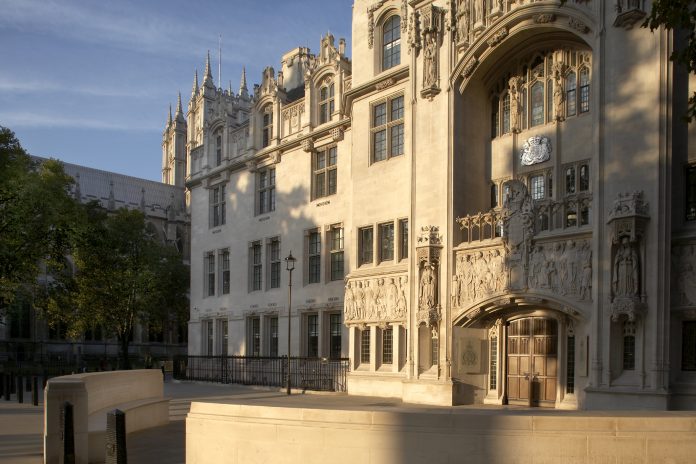As the news of the Supreme Court’s Judgment on employment tribunal fees sinks in, Tim Forer, a partner in the employment law team at Blake Morgan, looks at what this means for employers…
While the principle of access to justice is extremely important, this decision by the Supreme Court is a blow to employers who are already struggling with the impact of increased employment costs of the Apprenticeship Levy, increase in the National Living Wage and other measures.

Its impact is that Employment Tribunal (ET) and Employment Appeal Tribunal fees cease to be payable as of today, and past fees must be reimbursed by the Government. The practicalities of how the Government will do this remain to be seen, and it is not clear how much it will cost, but estimates range from £27m to £31m.
While the Supreme Court concluded that the ET fee regime has prevented access to justice, the reduction in claims seen since 2013 is potentially also due to the increase in qualifying service required to bring a claim for unfair dismissal introduced in 2012. Therefore it will be interesting to see what level the increase in claims will be as a result of removing fees, but our view is that an increase in claims is inevitable, particularly some low level claims such as holiday pay and unlawful deduction of wages.
Today’s decision means employers will have to ensure, more than ever, that they carefully follow employment laws in their treatment of employees. Of course, many employers will already be doing so as a matter of best practice and getting the best out of their staff.
Significantly, recent statistics showed that the dramatic fall in claims did not result in a fall in unmeritorious claims. Prior to the judgement, therefore, there were already indications that the ET fee regime was deterring claims with real merit. In addition, the amount recovered from fees didn’t contribute to the running of the ET service as envisaged.
Although all ET fees will be repaid and the fee regime ends today, we would not be surprised to see the Government responding in due course with new legislation to introduce a modified fees regime, rather than abandon it entirely.
This may take into account the level of any claim when setting a fee (as in the civil courts) which was a specific point made by the Supreme Court when concluding that the regime prevented access to justice.
One criticism of the ET fees regime was that the Government had not shown any evidence to show why the fees for different types of cases had been set at the level they had. In many cases, for example, bringing a claim for a small amount of holiday pay would not have been worthwhile for many individuals compared to the fee to be paid.
However, any new regime would also need to take into account the discrimination issues addressed by the Supreme Court, where it concluded that the regime was indirectly discriminatory because a higher proportion of women bring the more expensive type of claim (often sex or pregnancy discrimination) than the cheaper type of claim.
Also related to the ET fee regime is the issue of enforcement. The Taylor Review recently recommended that the Government should make the enforcement process simpler for employees and workers by taking enforcement action against employers/engagers who do not pay ET awards and a naming and shaming scheme for employers who do not pay Employment Tribunal awards within a reasonable time.


